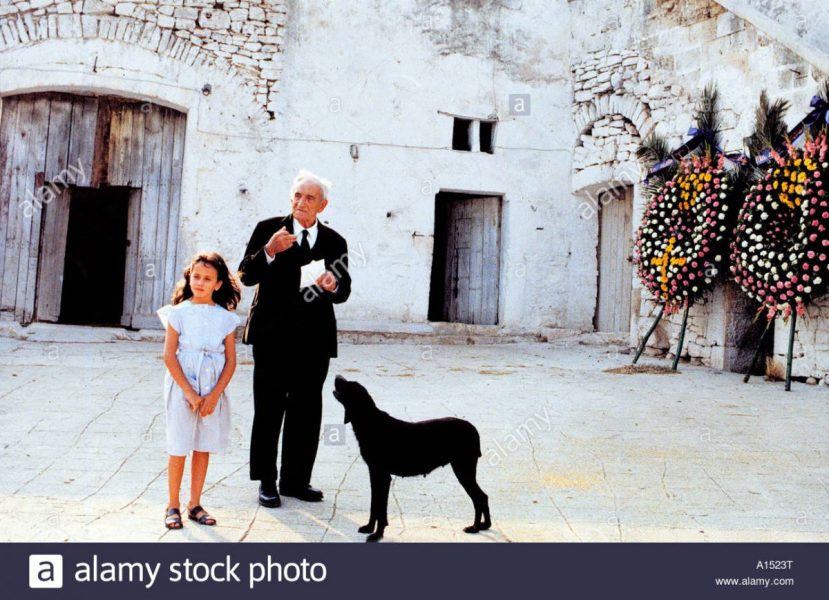Available now on Dual-Format Blu-Ray/ DVD
Too much nostalgia is a dangerous thing. It can draw a veil over the eyes like cataracts, and we are all unreliable narrators wallowing in our own memories. Francesco Rosi’s Three Brothers is briny with misty-eyed nostalgia.
The Giuranna siblings return to the bucolic farmhouse of their youth following the death of their mother. Each brings with them their own troubles. Raffaele (Phillipe Noiret) is a judge working in Rome, who is receiving death threats for presiding over a case involving terrorism. Nicola (Michele Placido) is a firebrand factory worker in Turin embroiled in a labour dispute, and Rocco (Vittorio Mezzogiorno) is an ascetic religious type who works as a counsellor for troubled kids in Naples.
Along with Noiret, the venerable Charles Vanel appears as patriarch Donato, and the presence of these two French greats is apt, as Three Brothers feels like a great Gallic shrug of a film. Rosi’s story staggers between social realist drama in the Rossellini/ De Sica mode, poetic expressionism with the use of portentous dream sequences expressing the brothers’ fears for the future, and turgid polemic as Raffaele and Nicola indulge in interminable political squabbles; all to no resolution.
Meanwhile Donato connects with Nicola’s adorable young daughter Marta (Marta Zoffoli) and their shared grief provides the most nicely realised and touching scenes of the film. However, in these scenes Rosi seems to imply that this closeness is down to Donato’s lifelong avoidance of the troubles that burden his sons, and Marta’s innocence of such issues by virtue of her youth. There is a sniffy pastoral Utopianism that bites its thumb at the idealism of the brothers, whose ideas of a just and fair society are incompatible with the others’.
In this heaving tumult of fraternal testosterone, women are sidelined as nameless rosary-wielding frumps grieving by the body of Donato’s wife (herself nothing more than a plot device), frustrated housewives like an old flame of Nicola’s, or nervy, panicking wives. Marta is the only female not defined by her relationship to any of the men, granted autonomy and licence to roam by the solipsism of her father and uncles. The film cries out for a woman of strength and stoicism to knock their heads together.
It has to be said that Three Brothers does look beautiful, and does at times threaten to seduce the viewer into its leisurely rhythms, particularly when the wonderful pairing of Vanel and Zoffoli are on screen; only for the magic to be dispelled again by another sloganeering tirade or the lumbering semiotics of another dream sequence. Like the titular siblings, it’s bursting with ideas yet for the most part fails to achieve them.


Comments